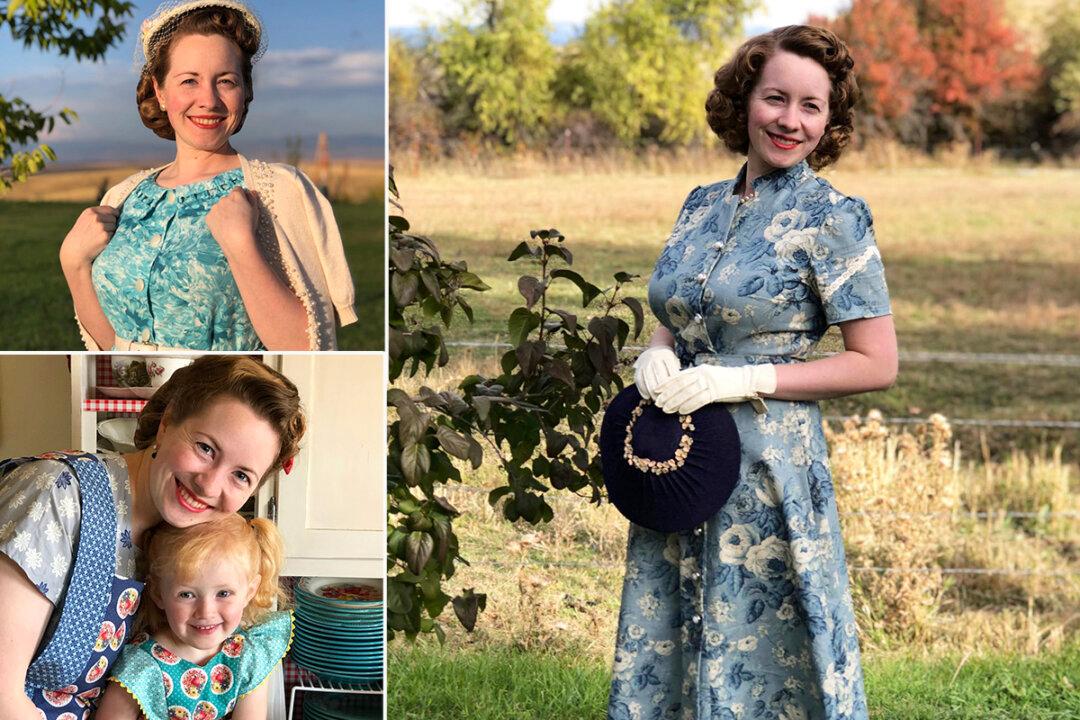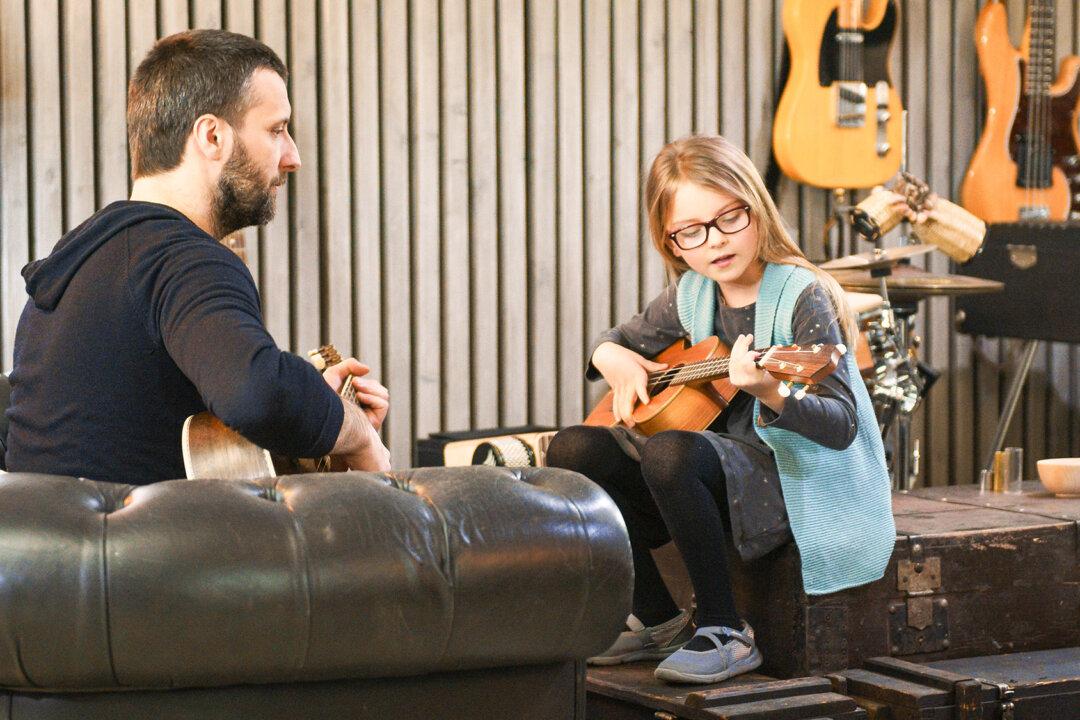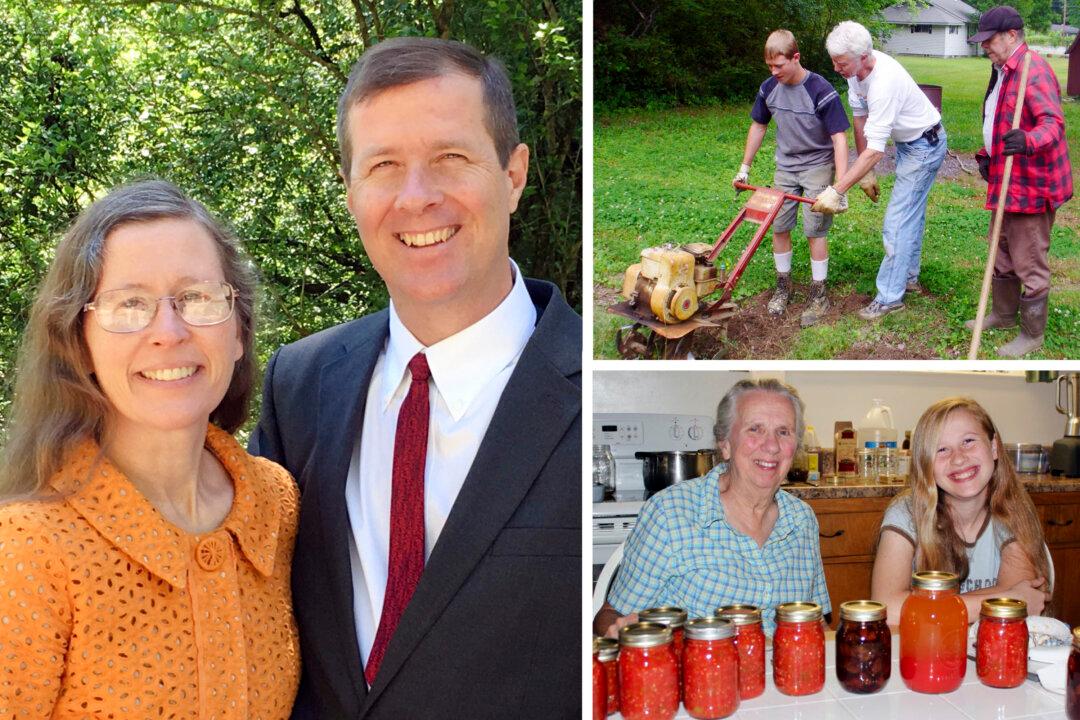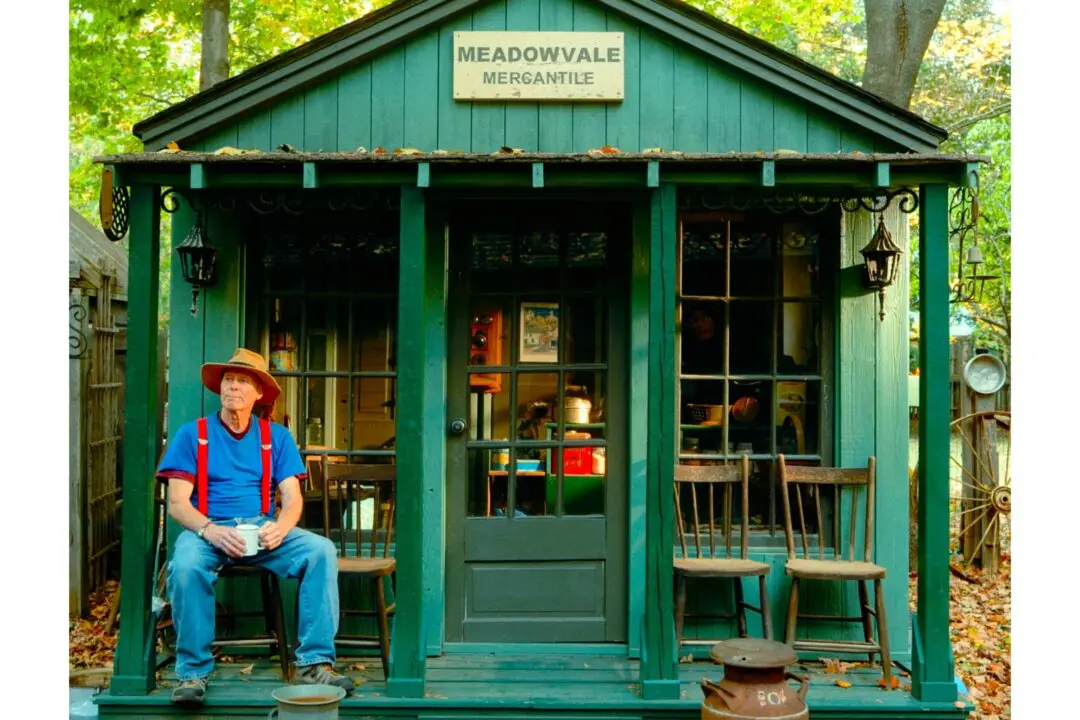For Kristen Clay, homemaking is at the heart of everything she does. Whether she’s creating designs for vintage clothing or nurturing her four young children, she believes she can benefit lives for generations to come through what she does now as a mother.
Growing up in Pennsylvania, Mrs. Clay learned her first crochet stitch at 6 years old.






